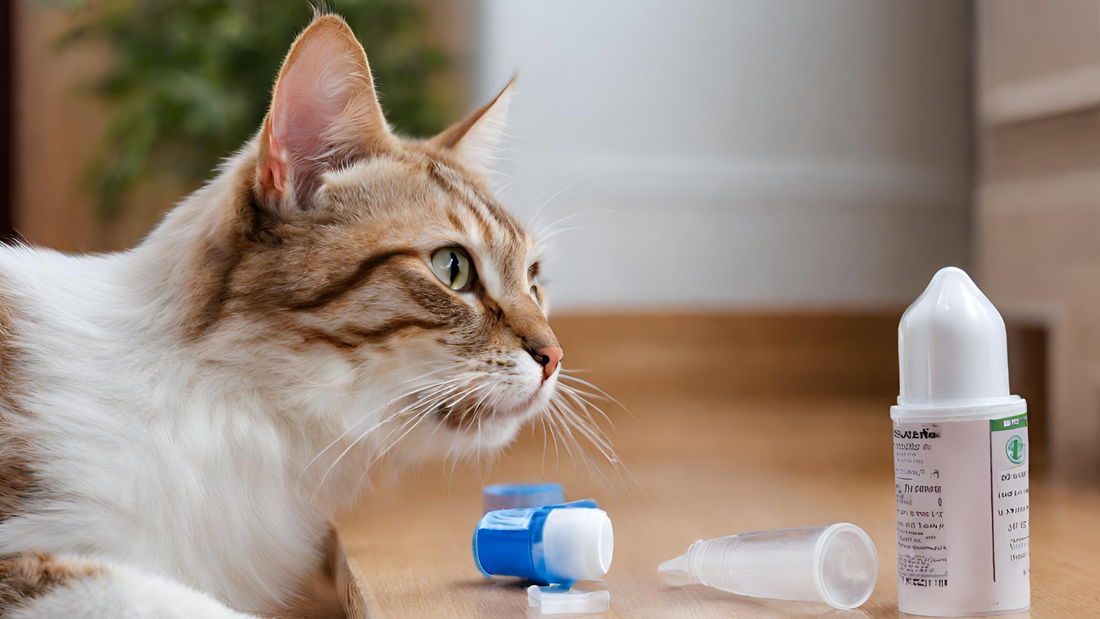
Understanding Feline Asthma: Frequency, Symptoms, and Management
Share
Feline asthma is a respiratory condition that affects cats of all ages and breeds. While it may not be as well-known as other feline health issues, it's important for cat owners to understand how often cats can get asthma, recognize the symptoms, and know how to manage the condition effectively.
Can Cats Get Asthma?
Yes, cats can indeed develop asthma. Just like in humans, feline asthma involves inflammation and constriction of the airways, leading to difficulty breathing. While the exact cause is unknown, it's believed to be related to allergic reactions to environmental triggers such as pollen, dust mites, cigarette smoke, or air pollution.
Frequency of Feline Asthma:
Feline asthma is not uncommon, with studies estimating that around 1-5% of all cats may be affected by the condition. However, the actual prevalence may be higher, as many cases go undiagnosed or are mistaken for other respiratory issues.
Symptoms of Feline Asthma:
1. Wheezing: A high-pitched whistling sound when breathing is one of the most common signs of feline asthma.
2. Coughing: Cats with asthma may exhibit persistent or intermittent coughing, especially after exertion or exposure to allergens.
3. Labored Breathing: Rapid or shallow breathing, open-mouth breathing, or increased effort to breathe may indicate respiratory distress.
4. Lethargy: Cats with asthma may appear tired or sluggish due to decreased oxygen intake.
5. Decreased Appetite: Respiratory distress can lead to a decreased appetite in affected cats.
Management of Feline Asthma:
1. Veterinary Evaluation: If you suspect your cat may have asthma, it's crucial to seek veterinary evaluation and diagnosis. Your veterinarian can perform tests such as x-rays, blood tests, or bronchoscopy to confirm the diagnosis and rule out other conditions.
2. Medication: Treatment typically involves medications such as bronchodilators or corticosteroids to help dilate the airways and reduce inflammation.
3. Environmental Management: Minimize exposure to known triggers such as dust, pollen, cigarette smoke, or air pollution by keeping the living environment clean and free of allergens.
4. Regular Monitoring: Keep track of your cat's symptoms and behavior, and consult your veterinarian if you notice any changes or worsening of symptoms.
5. Supportive Care: Provide a stress-free environment, balanced diet, regular exercise, and plenty of fresh water to support your cat's overall health and immune system.
How Long Can Cats with Asthma Live?
With proper management and treatment, cats with asthma can live long and fulfilling lives. Early detection and intervention are key to managing the condition effectively and minimizing complications.
Feline asthma can be managed effectively with proper treatment, environmental management, and veterinary care. By understanding the causes, treatment options, and how to care for a cat with asthma, pet owners can help their feline companions live happy and healthy lives despite this respiratory condition. If you suspect your cat may have asthma, consult your veterinarian for diagnosis and personalized treatment recommendations.
